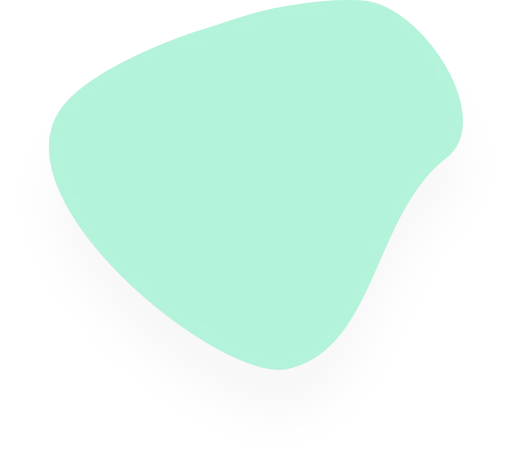Empower Your IBS Journey with Noba
Managing IBS has never been easier. With Noba, you gain access to tools and resources that empower you to take control of your diet, understand your symptoms, and enjoy a happier, healthier life.
Why Choose Noba?
Personalized Food Assessments
Quickly discover which foods are safe for you with our ever-growing, community-driven food database.
Expert guidance
Benefit from articles, recipes and tips curated by clinical dietitians, designed to help you manage IBS effectively.
Empower the Community
Play an active role in building a better resource for all. Use our app to scan and add new products to the database. Noba's team carefully reviews all submissions to ensure accuracy and reliability.
Curated Low FODMAP Recipes
Explore delicious meal ideas crafted by the Noba team as well as renowned bloggers and cookbook authors.
Interactive IBS Diary
Track your diet, symptoms, and lifestyle factors to identify patterns and triggers, empowering you to make informed choices.
What Makes Noba Unique?
Community-Driven Database
Noba's database grows with you! Users can scan and suggest new products, helping us expand our resources. Every entry is carefully reviewed using a combination of advanced technology and expert advice to ensure reliability.
Smart Barcode Scanner
Scan ANY food item you have at hand and get results within seconds. Our cutting-edge scanner helps you quickly determine if a product is suitable for your diet, making grocery shopping and meal planning easier than ever.
Tailored to You
Personalized assessments and symptom tracking provide a unique experience, helping you better understand your diet and manage your symptoms. The data you track can also be a valuable resource to share with your healthcare provider, such as a dietitian or doctor, giving them deeper insights to support your IBS journey.
Frequently Asked Questions
Simply scan a product's barcode using the app and provide the necessary details. Noba's team will review and verify it before adding it to the database.
No, Noba handles that for you! You simply scan the product, and we take care of the rest.
Noba combines cutting-edge technology, a collaborative community, and expert-reviewed content to provide personalized food guidance, recipes, and tracking tools in one app.
Simply create your user using the button below. We'll guide you through the rest!


